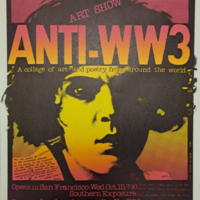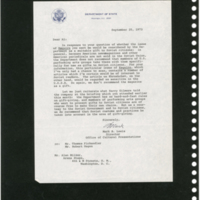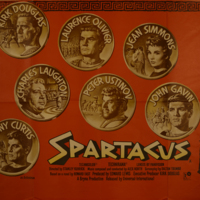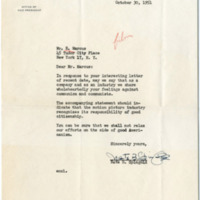The Cold War in Art and Entertainment
During the Cold War, artists worked in a wide variety of media to process the tensions between the United States and the Soviet Union. From film and television to novels to the stage, all styles of culture at all levels felt the effects of the international situation, and artists themselves in both the Soviet Union and the United States faced increased government scrutiny. The Soviet Union curtailed artists’ freedom of movement and the exchange of artistic ideas from the United States and “the West,” and those who spoke out could face a variety of consequences. For example, writer Vasily Aksyonov (who became a George Mason University Robinson Professor) had his Soviet citizenship taken away in the early 1980s, which led him to emigrate to the United States. However, the United States was not immune from pressures on artists and entertainers to conform to pro-government ideals; Congress monitored communist (and supposed communist) sympathizers in entertainment through the efforts of Senator Joseph McCarthy and the House Un-American Activities Committee (HUAC), ruining many careers and lives in the process.
Despite their antagonism, artistic exchange between the two superpowers did occur - led on the American side by State Department initiatives. Washington DC’s Arena Stage became the first American theatre company to tour the Soviet Union in 1973. They performed two classic American plays, Our Town and Inherit the Wind.




